milling bit Factory
Selecting the right milling bit factory is crucial for ensuring high-quality, precision tools. This article explores the key factors to consider when choosing a milling bit factory, including material selection, manufacturing processes, quality control measures, and customization options. It also provides insights into identifying reliable suppliers and understanding pricing structures to make informed purchasing decisions for optimal performance and longevity.
Understanding Milling Bits
What are Milling Bits?
Milling bits are rotary cutting tools used in milling machines or machining centers to remove material and create desired shapes in workpieces. They come in various shapes, sizes, and materials, each designed for specific applications.
Types of Milling Bits
Different types of milling bits include:
- End Mills: Versatile bits used for general milling operations, available in flat, ball, and corner radius configurations.
- Ball Nose Mills: Used for creating contoured surfaces and 3D shapes.
- Face Mills: Designed for machining large, flat surfaces.
- Chamfer Mills: Used for creating chamfers or bevels on edges.
- Thread Mills: Used for creating threads in holes.
Choosing the Right Milling Bit Factory
Material Selection
The material of the milling bit significantly impacts its performance and lifespan. Common materials include:
- High-Speed Steel (HSS): Affordable and suitable for general-purpose machining of softer materials.
- Cobalt HSS: Offers improved heat resistance and wear resistance compared to standard HSS.
- Carbide: Provides superior hardness, wear resistance, and heat resistance, making it ideal for machining harder materials and high-speed operations.
- Solid Carbide: Offers the best performance and is suitable for demanding applications.
A reliable milling bit factory, like Wayleading Tools, will offer various material options and guide you in selecting the most appropriate one for your specific needs.
Manufacturing Processes
The manufacturing process employed by a milling bit factory affects the precision and quality of the final product. Key manufacturing processes include:
- Grinding: Precision grinding ensures accurate dimensions and smooth cutting edges.
- Coating: Coatings like TiN, TiAlN, and DLC enhance wear resistance, reduce friction, and improve tool life.
- Heat Treatment: Proper heat treatment optimizes the hardness and toughness of the milling bit.
Quality Control Measures
A reputable milling bit factory implements rigorous quality control measures throughout the manufacturing process. These measures include:
- Material Inspection: Verifying the quality and composition of raw materials.
- Dimensional Inspection: Ensuring that the milling bits meet specified dimensions and tolerances.
- Performance Testing: Evaluating the cutting performance and durability of the milling bits.
Customization Options
Many applications require custom milling bits with specific dimensions, geometries, or coatings. A good milling bit factory should offer customization options to meet unique requirements. This includes tailoring the milling bit design to meet specific needs.
Finding a Reliable Milling Bit Supplier
Research and Due Diligence
Before selecting a milling bit factory, conduct thorough research and due diligence. Consider the following factors:
- Experience and Reputation: Choose a factory with a proven track record and positive customer reviews.
- Certifications: Look for factories with ISO certifications or other relevant industry certifications.
- Technical Capabilities: Ensure the factory has the necessary equipment and expertise to produce high-quality milling bits.
- Customer Service: Evaluate the factory's responsiveness and willingness to provide technical support.
Requesting Samples
Requesting samples is a great way to assess the quality of a milling bit factory's products. Test the samples in your specific application to ensure they meet your performance requirements.
Visiting the Factory
If possible, visit the milling bit factory to observe their manufacturing processes and quality control measures firsthand. This can provide valuable insights into their capabilities and reliability.
Understanding Pricing Structures
Factors Affecting Price
The price of milling bits depends on several factors, including:
- Material: Carbide milling bits are typically more expensive than HSS bits.
- Size and Geometry: Larger and more complex milling bits tend to be pricier.
- Coating: Coated milling bits usually have a higher cost than uncoated ones.
- Quantity: Bulk orders often qualify for discounts.
Comparing Quotes
Obtain quotes from multiple milling bit factories and compare them carefully. Consider not only the price but also the quality, lead time, and customer service offered. Do they have a history in creating high quality tools like custom carbide end mills?
Milling Bit Maintenance
Cleaning
Regularly clean milling bits to remove chips and debris. Use a brush and appropriate solvent.
Sharpening
Sharpening dull milling bits can extend their lifespan and improve cutting performance. Use a specialized milling bit sharpener or send them to a professional sharpening service.
Storage
Store milling bits in a clean, dry place to prevent corrosion and damage. Use protective cases or containers to prevent them from coming into contact with each other.
Troubleshooting Common Milling Bit Problems
Chipping
Chipping can occur due to excessive feed rates, incorrect cutting parameters, or worn milling bits. Adjust the feed rate, check the cutting parameters, and replace worn milling bits.
Vibration
Vibration can be caused by loose tool holders, unbalanced milling bits, or machine instability. Tighten the tool holder, balance the milling bit, and ensure the machine is stable.
Overheating
Overheating can occur due to insufficient coolant, excessive cutting speeds, or dull milling bits. Increase the coolant flow, reduce the cutting speed, and sharpen or replace dull milling bits.
| Bit Type | Material | Typical Application | Average Lifespan |
|---|---|---|---|
| End Mill | HSS | General milling of aluminum | 50-100 hours |
| Ball Nose Mill | Carbide | 3D contouring of steel | 200-500 hours |
| Face Mill | Carbide | Facing cast iron | 300-600 hours |
Choosing the right milling bit factory is an important decision, but by understanding the key factors involved, you can find a reliable supplier that meets your needs.
Related products
Related products
Best selling products
Best selling products-
 Type A Cylinder Tungsten Carbide Rotary Burr
Type A Cylinder Tungsten Carbide Rotary Burr -
 Inch HSS Step Drills with Straight Flute
Inch HSS Step Drills with Straight Flute -
 Straight Shank ER Collet Chuck Holders With Extending Rod
Straight Shank ER Collet Chuck Holders With Extending Rod -
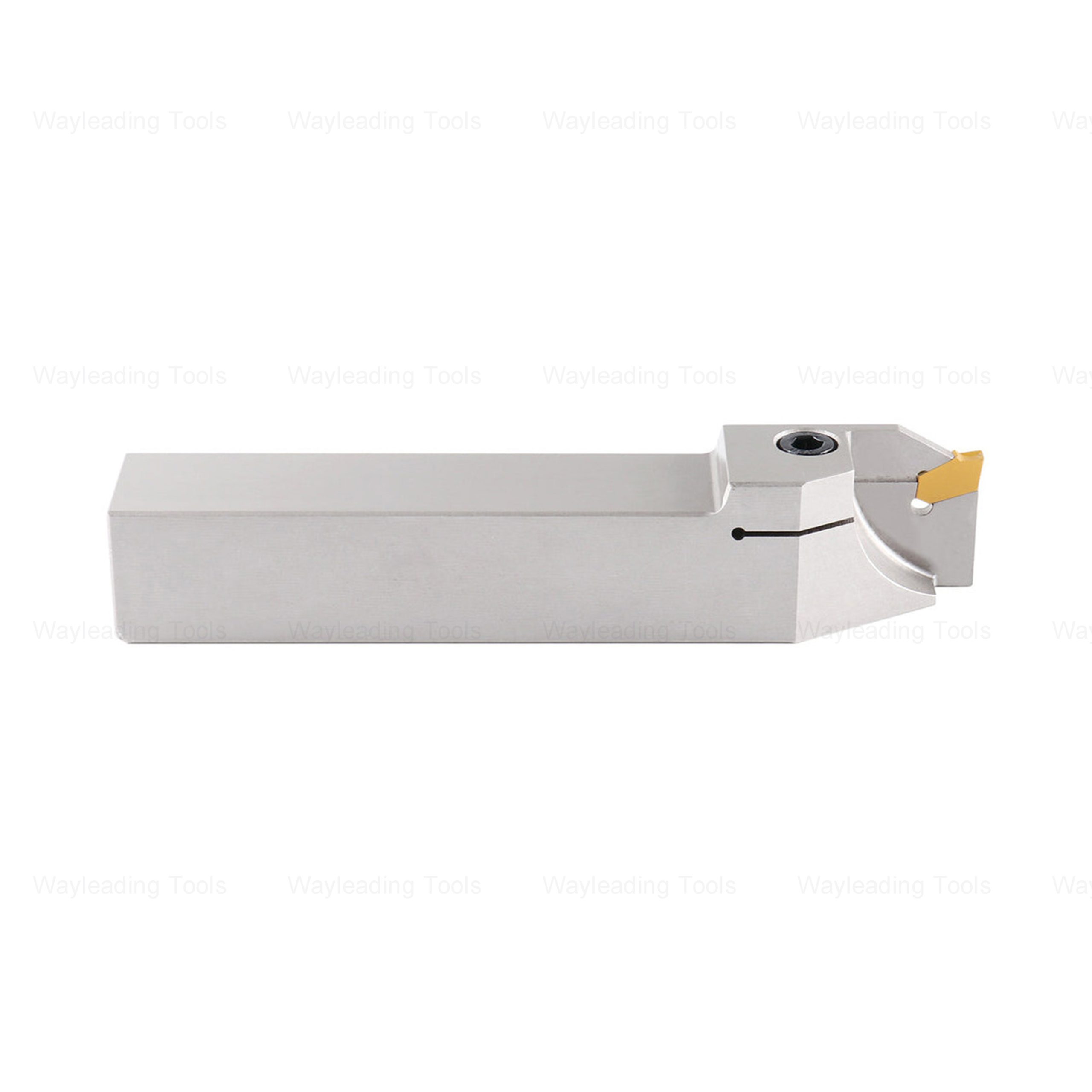 QA Grooving & Cut-Off Tool Holder
QA Grooving & Cut-Off Tool Holder -
 Precision Dustproof Dial Caliper Of Double Shock-Proof For Industrial
Precision Dustproof Dial Caliper Of Double Shock-Proof For Industrial -
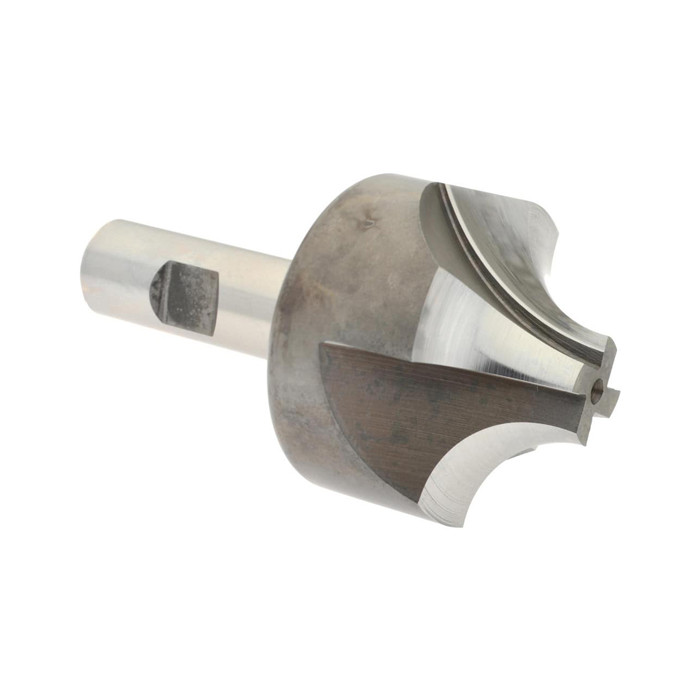 HSS Metric & Inch Corner Rounding End Mill For Industrial
HSS Metric & Inch Corner Rounding End Mill For Industrial -
 Precision 10pcs & 12pcs Angle Blocks Set With High Quality Type
Precision 10pcs & 12pcs Angle Blocks Set With High Quality Type -
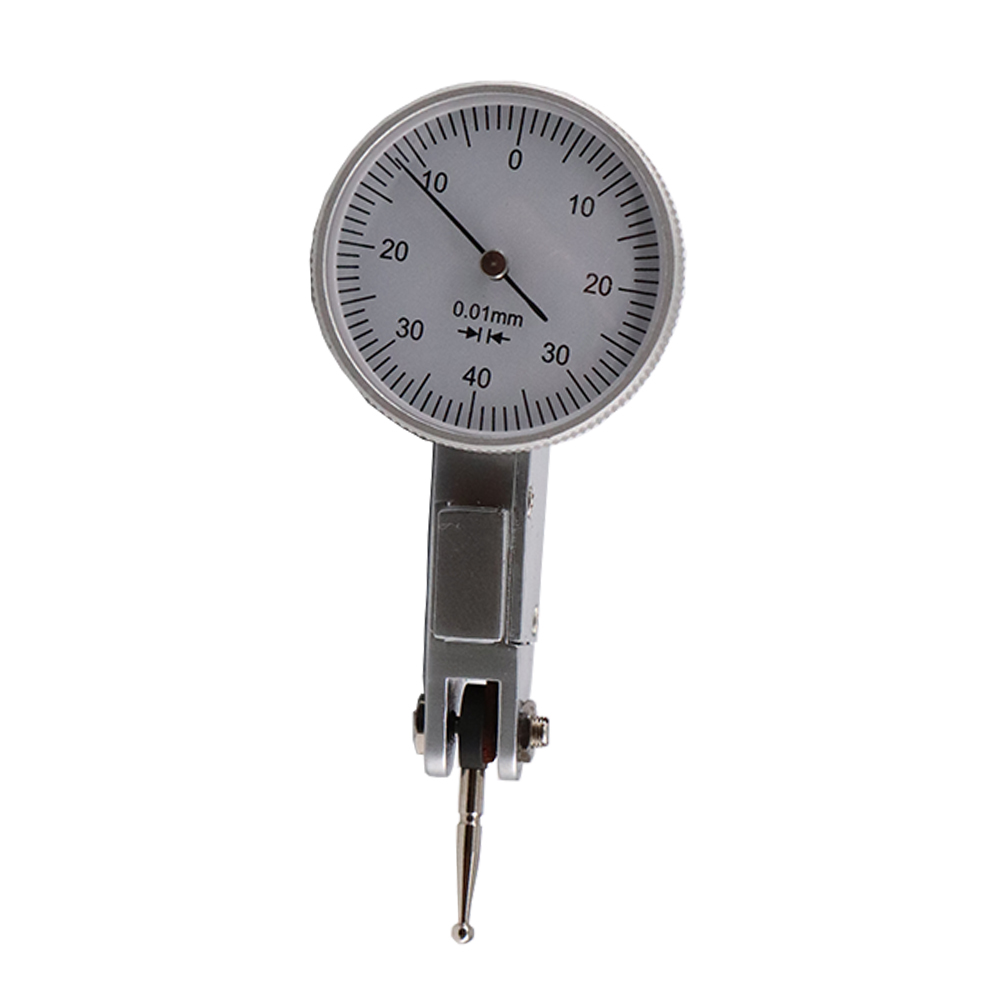 Precision Dial Test Indicator Gage For Industrial
Precision Dial Test Indicator Gage For Industrial -
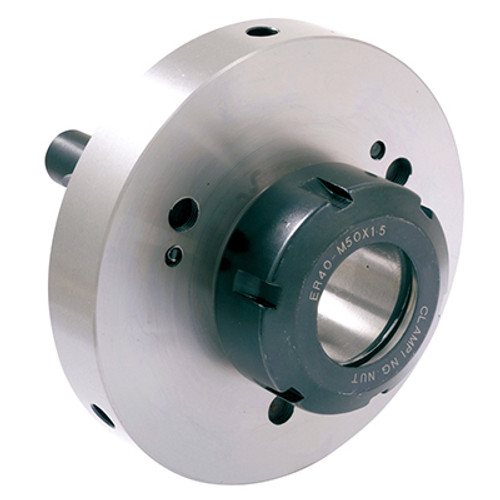 Camlock ER Collet Fixture With Lathe Collet Chuck
Camlock ER Collet Fixture With Lathe Collet Chuck -
 Depth Vernier Gauge With Stainless Steel And Monoblock Depth Type
Depth Vernier Gauge With Stainless Steel And Monoblock Depth Type -
 MT-APU Drill Chuck Holder With Keyless Type
MT-APU Drill Chuck Holder With Keyless Type -
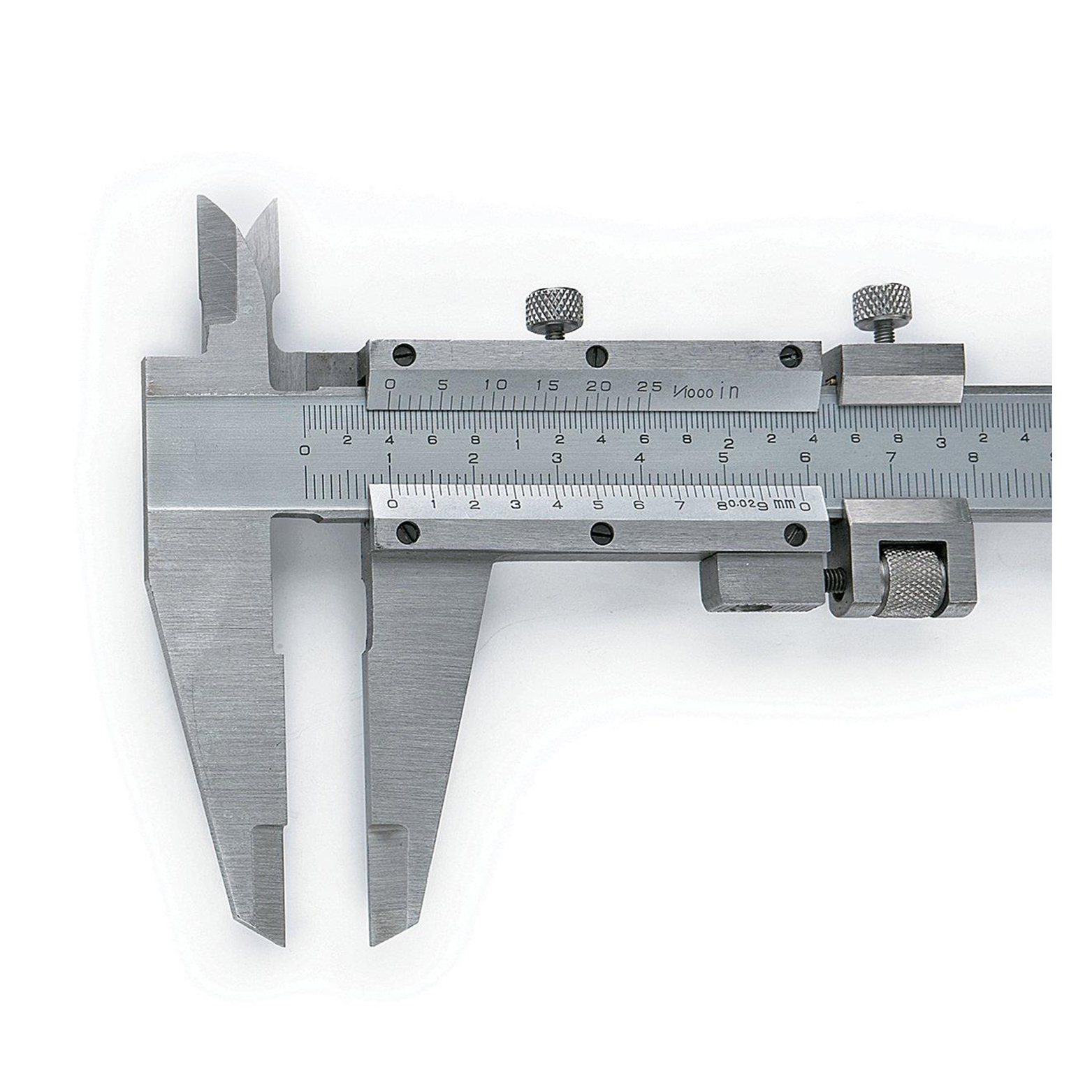 Precision Fine-Adjustment Vernier Caliper Of Metric & Imperial For Industrial
Precision Fine-Adjustment Vernier Caliper Of Metric & Imperial For Industrial










